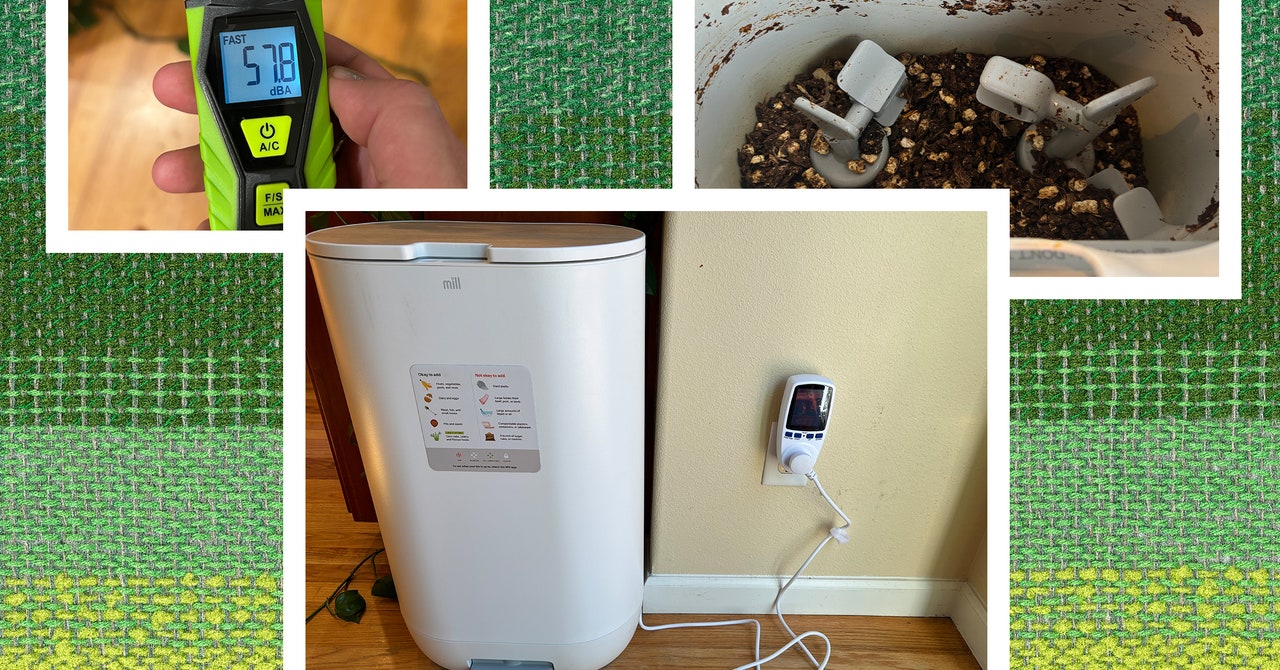I do not like composting.
I realize this is practically heretical given that I live just outside of Portland, Oregon, ground zero for environmental consciousness, but I’d just rather not have a container of slimy, rotting kitchen scraps sitting on my countertop. It attracts fruit flies and leaves my house smelling like federal-prison pruno—especially in the heat of summer.
Instead, my family of three has been relying on in-sink garbage disposal, which isn’t great. Our septic repairperson is adamantly against this, and garbage disposals are also a bad idea for those not on septic systems, because the refuse ends up in the waterways. Throwing food in the kitchen trash eventually leads to the local landfill, where uneaten food makes up 24 percent of municipal solid waste. Its breakdown results in the release of dangerous methane gas.
To combat this, many cities feature their own composting programs. My rural exurb does not, so I’m forced to choose between a normal-smelling kitchen and actively contributing to global warming. This is why I was especially interested in the Mill, an odorless, fully automatic food recycling bin dreamed up by Matt Rogers, former Apple engineer and cofounder of smart-thermostat pioneer Nest.
My prolifically home-cooking family tried the Mill for six weeks, connecting it to a power meter to test its output and cost of use, as well as feeding it as diverse a batch of food scraps as we could (including sauces, hundreds of eggshells, and a particularly vexing batch of melon rinds), to see whether this particularly pricey bin could be worth the cost to add to your household.
From the Grounds Up
There’s no denying that, at 50 pounds, about 27 inches tall, and 16 inches wide, the Mill requires a significant outlay of space. Even in my fairly spacious kitchen, finding someplace for the Mill to sit where it was both accessible and not in the way—and within a couple feet of a power outlet—was a challenge. For those short on counter space, the Mill being on the floor may give it an edge over countertop competitors like the Lomi.
Photograph: Kat Merck

